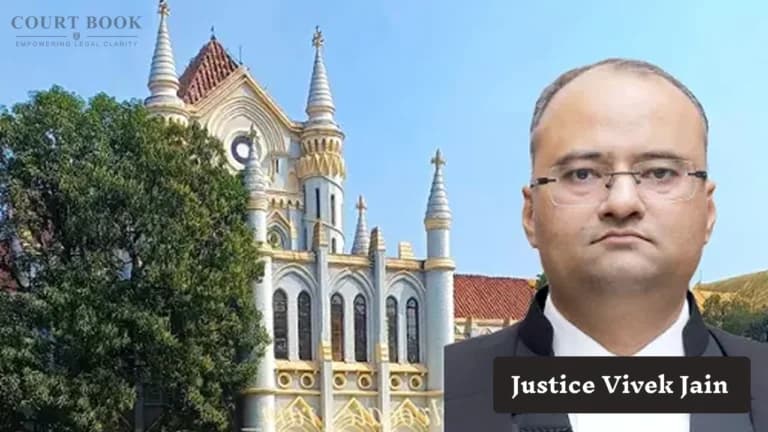In a significant judgment on October 15, 2025, the Madhya Pradesh High Court at Jabalpur set aside the dismissal of Professor Rakesh Singh from Indira Gandhi National Tribal University (IGNTU), Amarkantak. Justice Vivek Jain, delivering a detailed order, described the Internal Complaints Committee's (ICC) report as a "farce and bogus document" and directed the university to reinstate the professor immediately, though under suspension, pending a fresh inquiry on one limited charge.
Background
The case arose after a female research scholar accused Prof. Singh of sexual exploitation, alleging that he had raped and repeatedly assaulted her since 2019. Based on her handwritten Hindi complaint, the university’s ICC initiated an inquiry and concluded that the charges were substantiated, leading to his dismissal from service.
Prof. Singh challenged his termination, arguing that the ICC was illegally constituted, biased, and had no valid evidence. He maintained that the alleged relationship began long before the complainant became a student at IGNTU and that even the Sessions Court had acquitted him of similar criminal charges earlier in 2025.
Court's Observations
Justice Vivek Jain meticulously dissected the inquiry process, pointing to glaring irregularities in the ICC’s constitution and procedure. The court found that the ICC was required to have nine members, including three students, as per the UGC (Prevention, Prohibition, and Redressal of Sexual Harassment of Women, Employees and Students in Higher Educational Institutions) Regulations, 2015. Instead, IGNTU’s ICC had only seven members two of whom did not even participate in proceedings.
"In the considered opinion of this Court, the ICC proceedings could not have been relied upon in any manner. The committee was utterly illegal," the bench remarked.
The judge also noted that the ICC conducted parts of its inquiry at the complainant’s residence more than 100 km from the campus which he said was a manner unknown to law. The signatures on the report were inconsistent, with several being photocopies, further eroding its credibility.
The court added that the relationship described in the complaint appeared consensual and dated back to 2013, years before the complainant’s admission in 2021. "At the most,"
Justice Jain observed, "it can be a case of an extra-marital relationship between two consenting married adults, not a workplace harassment under the POSH Act."
Assessment of Charges
The dismissal order was based on six charges ranging from sexual exploitation to leaking question papers. Justice Jain examined each in turn:
- Sexual exploitation: Not proved; the court held the alleged acts predated the student’s enrolment and thus did not fall under workplace harassment.
- Absconding from residence: Not misconduct; the professor was merely avoiding arrest while his bail plea was pending.
- Approaching the High Court without permission: Invalid; exercising legal rights does not require university approval.
- Blackmail and extortion: Unsubstantiated and based on the same flawed complaint.
- Criticising the government: No evidence was provided; not misconduct.
- Leaking question papers: Possibly valid, but insufficiently investigated.
"Only charge No. 5 would be made out," the court held, "but even for that, the material on record is incomplete and requires detailed re-examination."
Decision
Setting aside the dismissal, the court remanded the matter to the university for a fresh inquiry solely on the paper-leak charge. It ordered Prof. Singh’s immediate reinstatement, albeit under suspension, and clarified that no decision on back wages would be made until the disciplinary authority concludes its fresh proceedings.
"The impugned order of punishment deserves to be set aside," Justice Jain concluded. "Let the petitioner be reinstated in service forthwith and remain under suspension till a fresh order is passed."
The petition was partly allowed, with liberty granted to the professor to seek further legal remedies if aggrieved by the forthcoming order.
Case Title: Rakesh Singh (Professor) v. Indira Gandhi National Tribal University & Others
Case Number: Writ Petition No. 10864 of 2023














